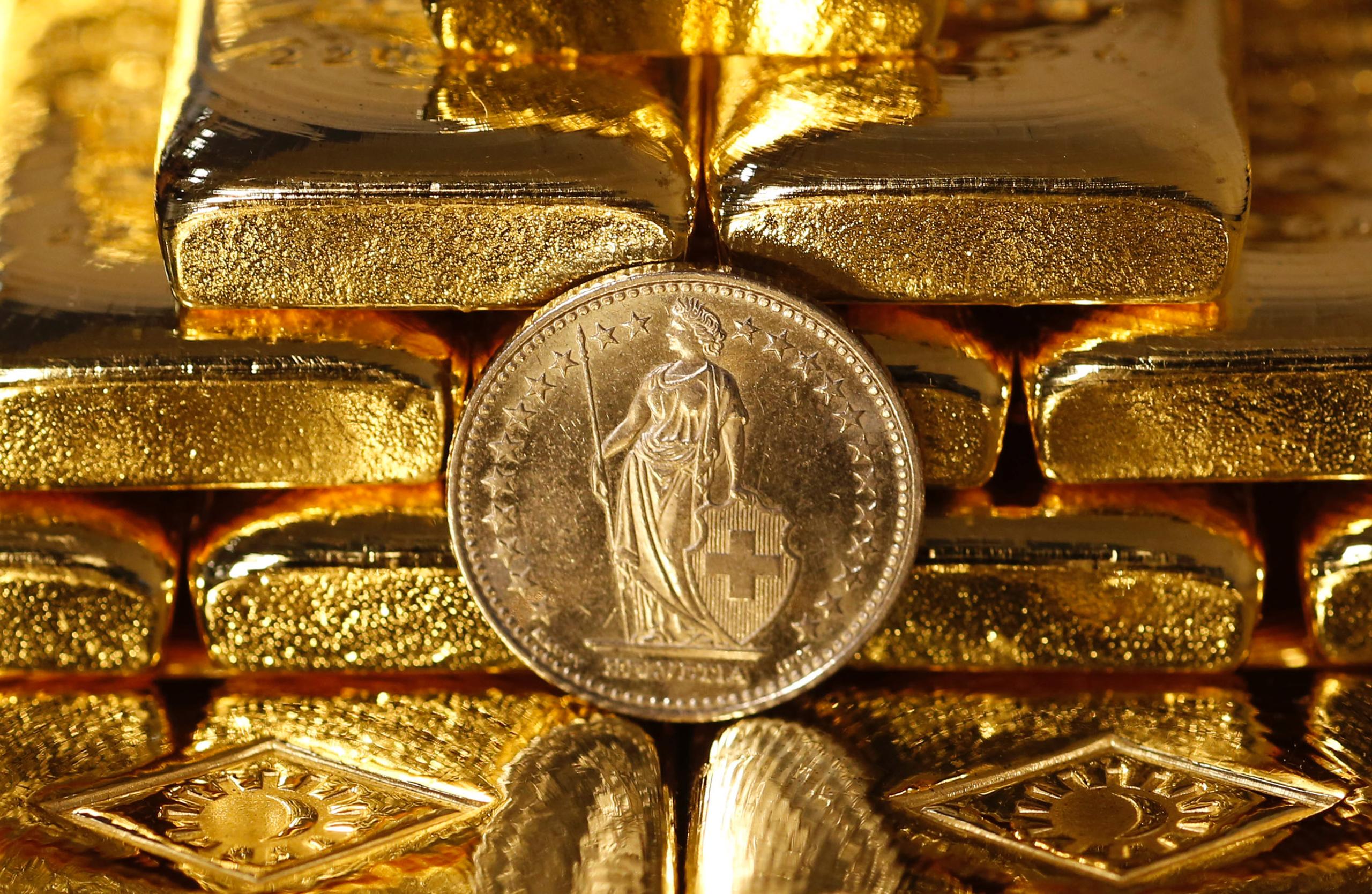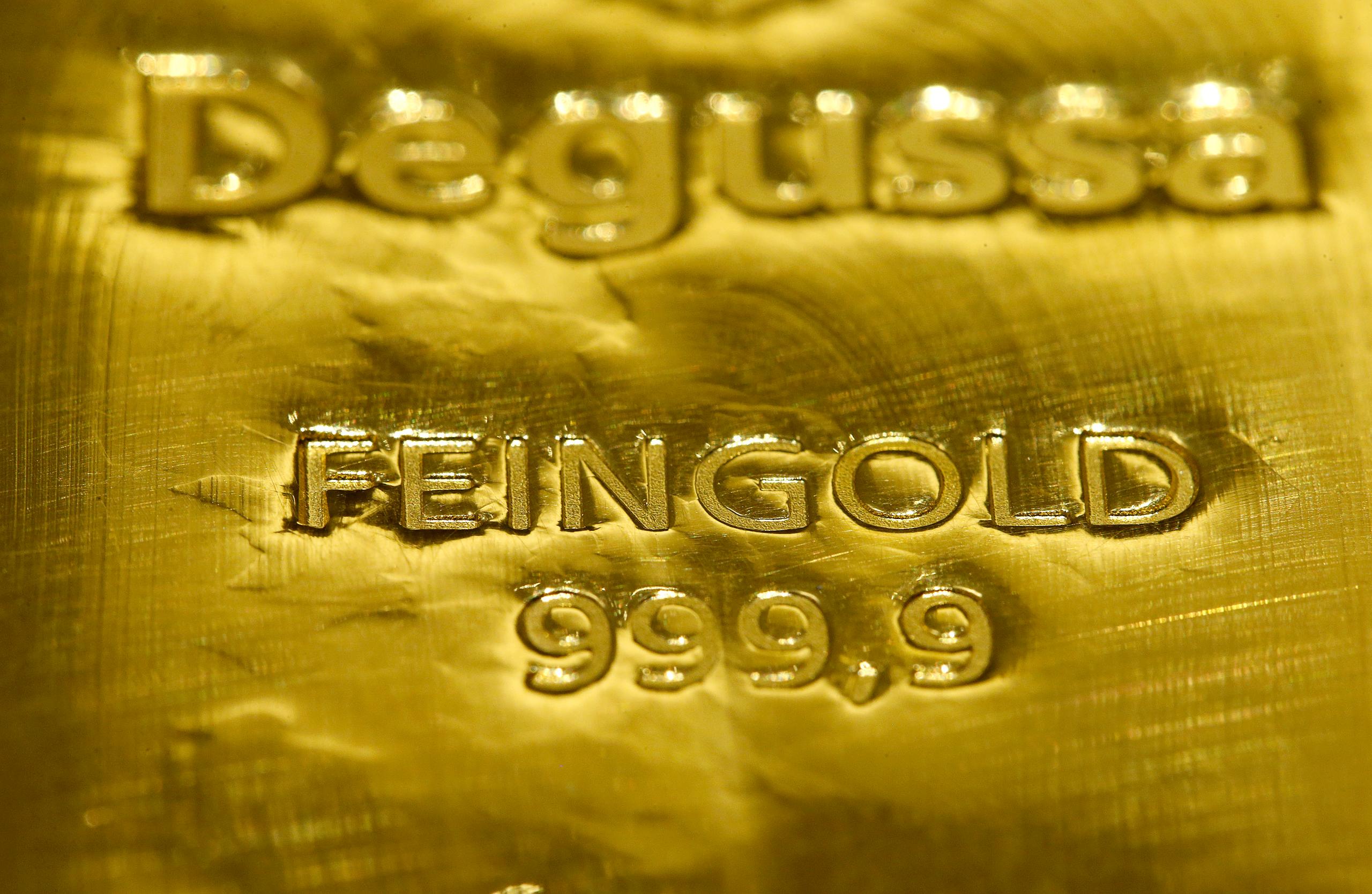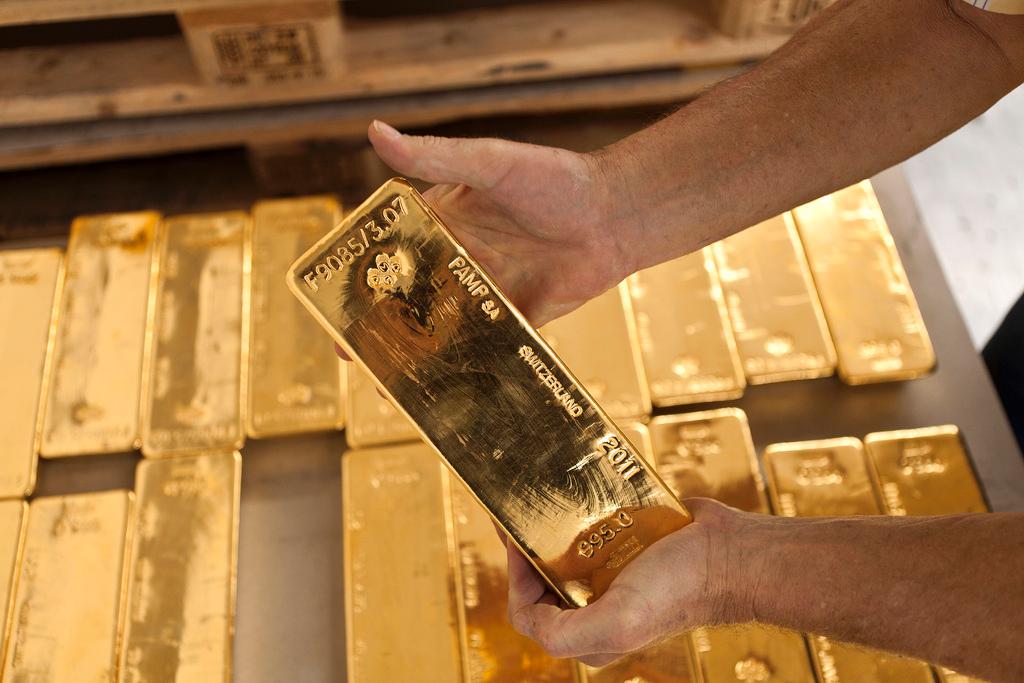Voters roundly reject Swiss gold initiative

The Swiss central bank will not be forced to increase its gold reserves after an initiative proposing radical changes to the bank’s balance sheet was rejected by nearly four out of five voters.
Final results show that 77% said no to the gold initiative, which would have required the Swiss National Bank (SNB) to go on a gold spending spree to increase its gold reserves almost threefold to 20%.
Finance minister Eveline Widmer-Schlumpf said the credible monetary policy of the SNB ensured price stability. She added that voters had shown that they agreed with the government and central bank that gold had long ago lost its importance as part of monetary policy.
In its initial response, the SNB said in a statement that it was “pleased to hear the outcome”.
“With conditions unchanged, the SNB can now continue pursuing its monetary policy geared towards price stability,” the SNB said.
The proposals were spearheaded by three leading members of the rightwing Swiss People’s Party. One of the three, Luzi Stamm, said that there would be increased awareness of the SNB’s mistakes in the future, thanks to the campaign.

More
Strict immigration curbs overwhelmingly rejected
However, he acknowledged that the gold issue would be laid to rest, for now. “After this clear decision by the people, there are no further grounds to pursue another similar initiative,” he told Swiss public television, SRF.
None of the main political parties, including Stamm’s People’s Party, supported the proposals.
The government had also recommended a rejection of the initiative which stipulated the repatriation of Swiss gold from Britain and Canada. European countries have historically stored part of their gold with allies to protect it in case of war on the continent.
The repatriation question illustrated the mistrust expressed by the ‘yes’ campaigners, whose literature accused the SNB of carrying out “the largest swindle of our times” by recklessly printing money.
Sell-off
A key criticism of the ‘yes’ campaign was that Switzerland offloaded the bulk of its reserves of gold in the early 2000s when the price of the metal had dropped to historic lows, in hindsight losing the Swiss exchequer tens of billions of francs.

More
Voters retain tax perks for rich foreigners
Stamm argued that gold would be “worth the same in two or three generations. No one knows what will become of the paper money printed by heavily indebted countries.”
But recent volatility in the gold price, which finished the month of November at a four-year low of $1,183 per ounce, may have made voters wary of taking such a leap. The price per ounce reached an all-time peak of $1,900 in September 2011.
The radical proposals would have required the SNB to spend CHF70 billion on gold over five years to bring its reserves up to the 20% of holdings.
SNB criticism
In recent years, several People’s Party representatives have criticised the monetary policy of the SNB, in particular the massive purchases of euros made to prop up the value of the European currency and keep the exchange rate floor at CHF1.20.
The head of the SNB Thomas Jordan was a staunch critic of the initiative, describing it as “fatal” for Switzerland to put restrictions on its own financial policy in this way, limiting its ability to react to changes in the markets and keep the country financially stable.
Currently, the SNB has around CHF460 billion in foreign reserves with 45% denominated in euros and 29% in US dollars.

In compliance with the JTI standards
More: SWI swissinfo.ch certified by the Journalism Trust Initiative













You can find an overview of ongoing debates with our journalists here . Please join us!
If you want to start a conversation about a topic raised in this article or want to report factual errors, email us at english@swissinfo.ch.